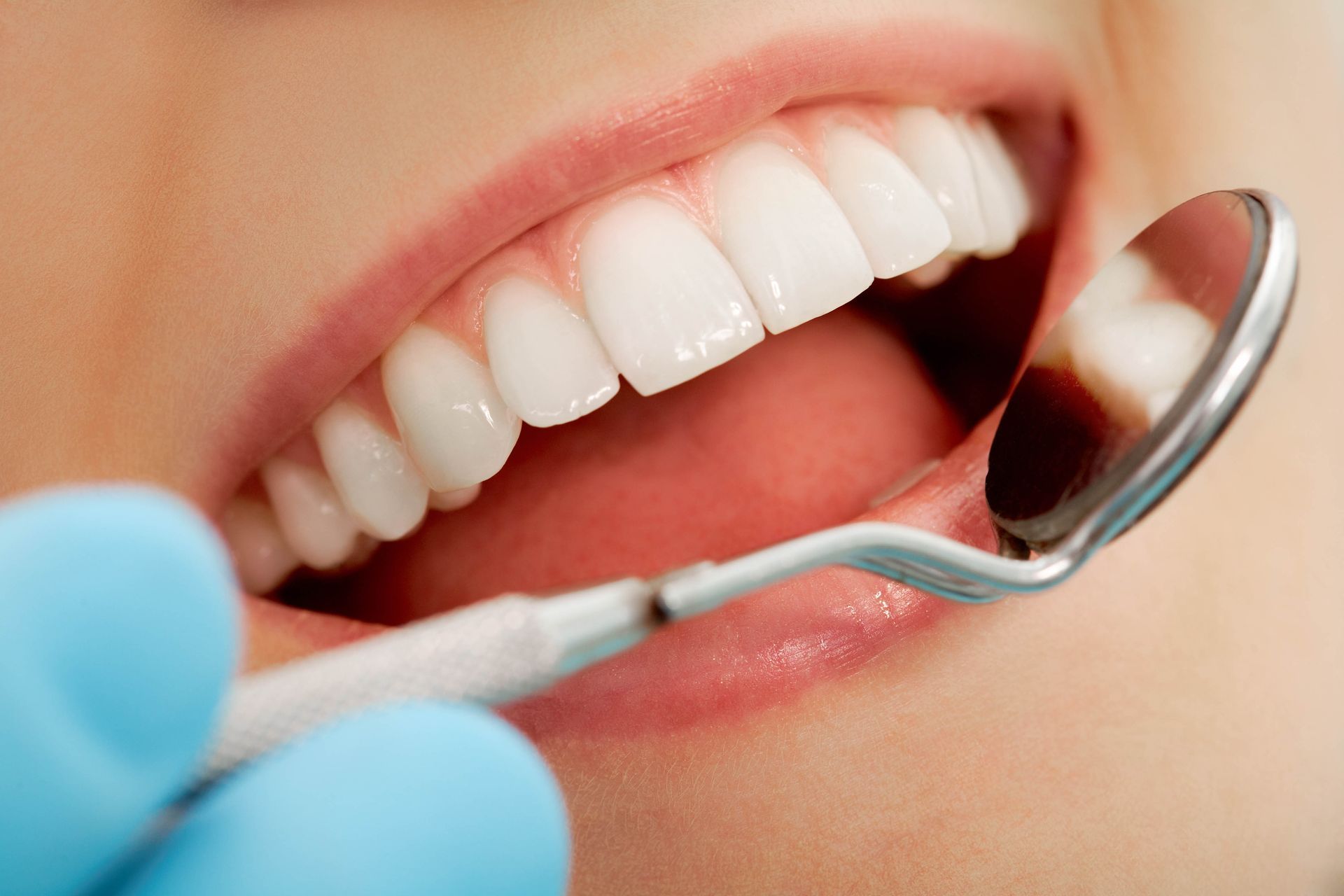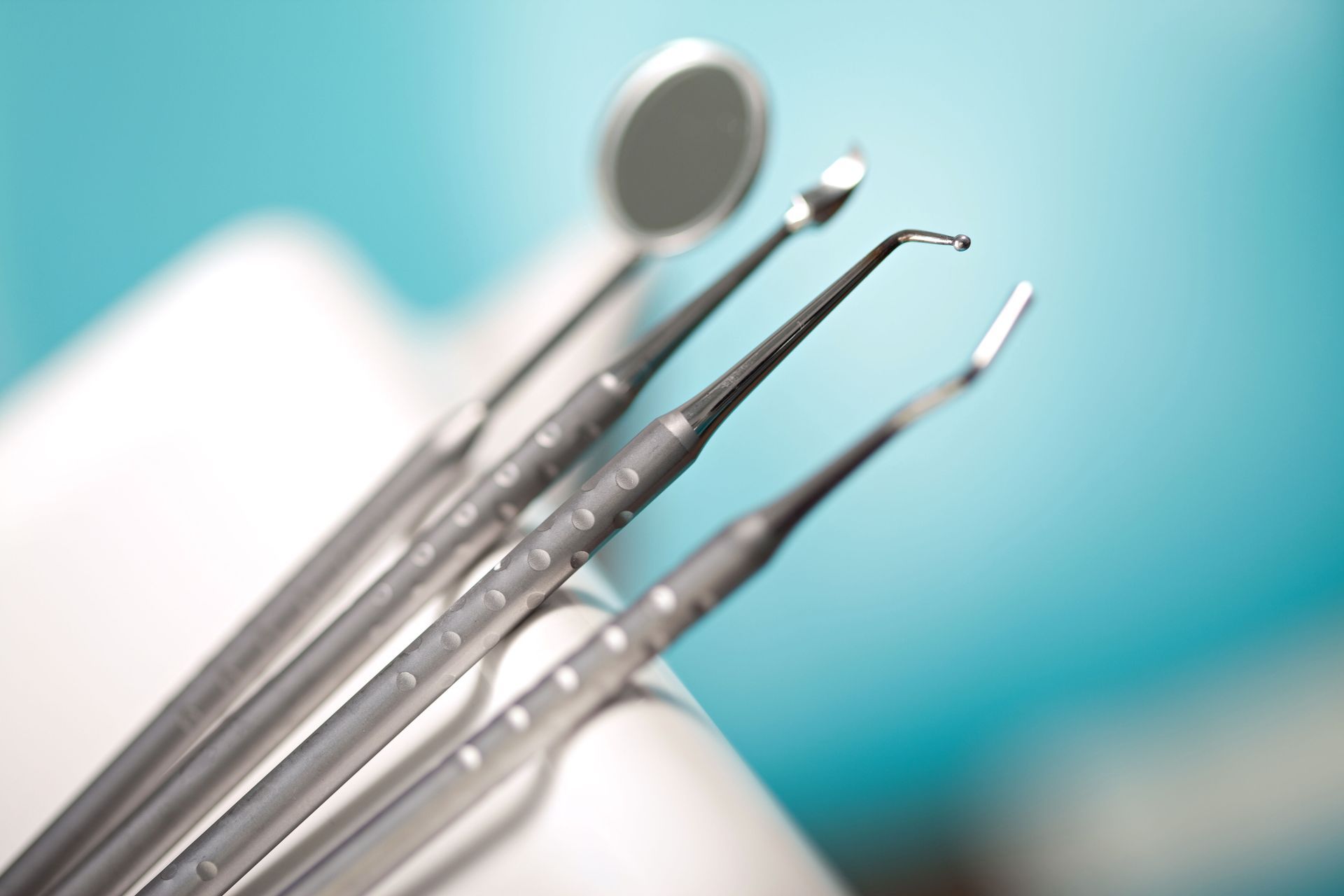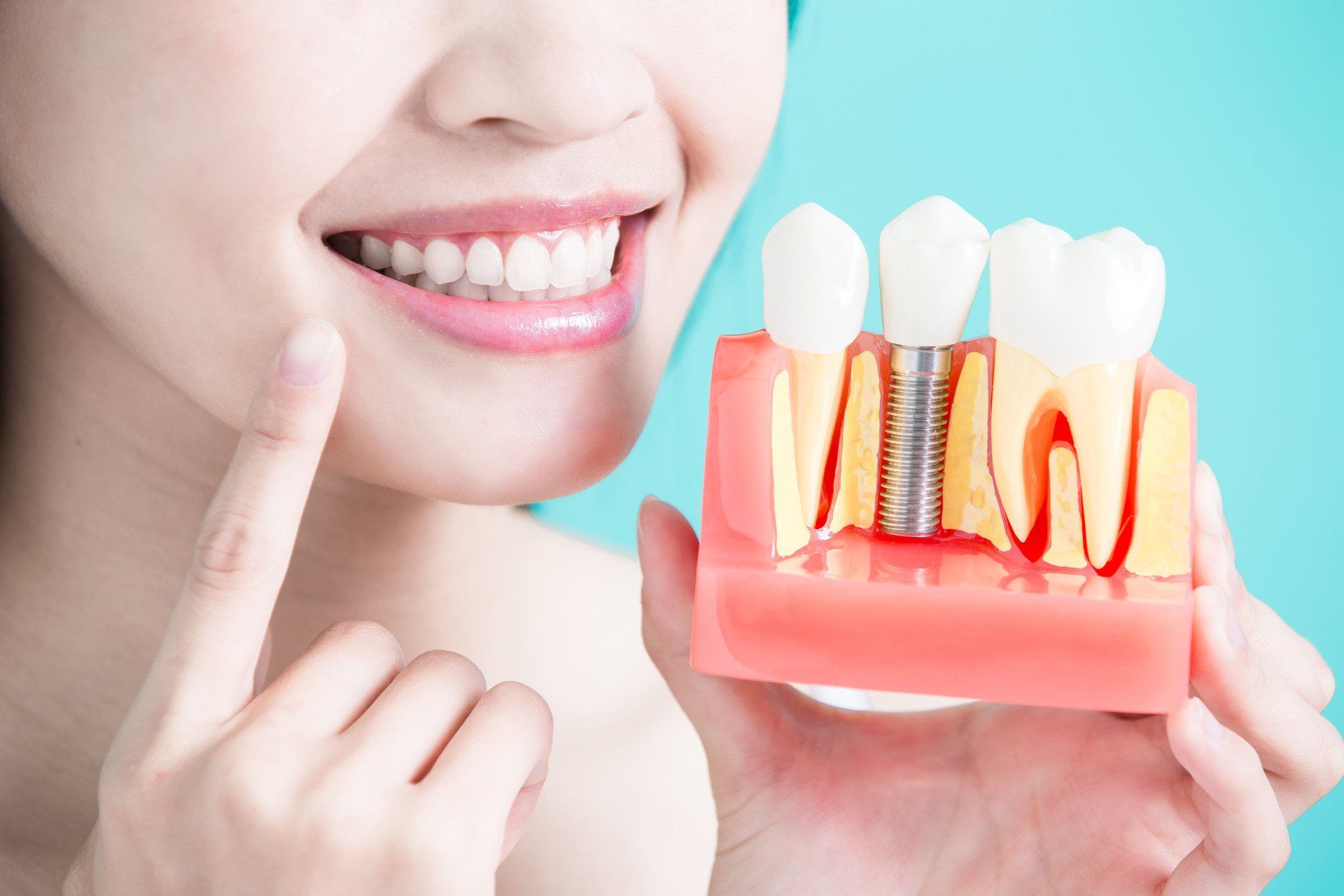A Quick Guide to Healthy Dental Crowns
If your teeth have seen better days, getting dental crowns may help restore their strength and appearance. Dental crowns fully surround damaged teeth to provide protection and support. Read on for a quick guide to when you might need dental crowns, what to expect from the process, and how to care for crowns to make them last.
Understanding When You May Need Dental Crowns
If you have a tooth that is severely damaged or decayed, your dentist may recommend a dental crown to protect it. Dental crowns fully encase the visible part of your tooth and can be made from materials like porcelain, ceramic, metal, or a combination. You may need a dental crown if you have a large cavity that has damaged a significant part of your tooth, a cracked or broken tooth, a weak tooth due to root canal treatment, or discoloration or misshapen teeth you want to improve for cosmetic reasons.
What to Expect During the Dental Crown Process
Getting a dental crown takes two to three dentist appointments over a few weeks. At the first visit, your dentist will numb the area and file down your existing tooth to remove any decay and prepare the tooth for the crown. They will then take an impression of your tooth and the new crown will be custom-made for you. At the second visit, your dentist will test the temporary crown for fit and look. You'll wear this temporary dental crown while your permanent one is created. At the third visit, your dentist will remove the temporary crown, check the fit of your permanent one, and cement it in place. The placement process is painless since your tooth will be numb.
Caring for Your Dental Crown
With good oral care, a quality dental crown can last over a decade, sometimes even 20 or 30 years, according to Healthline. To help your dental crown last, brush at least twice per day using fluoridated toothpaste and floss once per day. This removes plaque that can lead to decay under and around your crown. Also, avoid chewing extremely hard foods like ice and hard candy, which could crack or dislodge your crown. See your dentist twice per year for exams and professional cleanings too. Report any cracks, chips, loosening, or irritation from your crown right away before extensive damage occurs.
If your tooth has seen better days, getting a dental crown can often save it, protect surrounding teeth, and restore your confident smile. According to NLM, 69% of people between the ages of 35 to 40 have lost at least one tooth. With proper care like brushing, flossing, and regular dental visits, your crown can last for many years to come. Call our team at Southridge Dental to schedule an appointment if you think a dental crown may be right for you.











Share On: